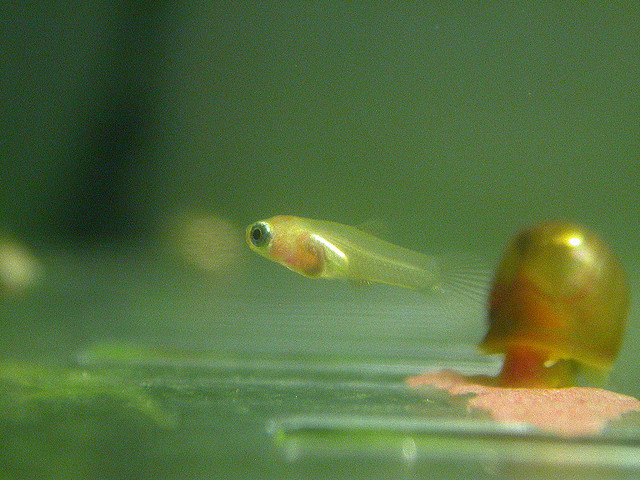
Raising baby guppies can be a rewarding experience, but it requires a lot of knowledge and attention to detail. Guppies are known for their bright colors and lively personalities, and their baby fry are no exception. In this article, we will explore the stages of baby guppy development, from birth to maturity, and provide you with some essential tips for caring for your guppy fry.
Table of Contents
Stage 1: Birth
Guppy fry are born alive and fully formed, and they can swim and survive on their own almost immediately. The gestation period is around 28 days, and a female guppy can give birth to up to 100 fry at a time. It’s essential to separate the fry from the adult fish as soon as possible, as they can become prey for larger fish or even their own parents due to their small size.
Stage 2: Feeding
The first few days after birth are critical for the survival of the guppy fry. They need to be fed several times a day with small amounts of food. Crushed fish flakes or baby brine shrimp are good options to start with. As they grow, you can gradually increase the amount and frequency of feeding.
Stage 3: Growth and Development
As the guppy fry grow, their color and pattern will become more apparent. They will also develop their fins and tails, which can take several weeks. It’s essential to keep the water clean and maintain the right temperature and water quality for the fry to thrive. Regular water changes and filtration are necessary to ensure their health and well-being.
Stage 4: Sexual Maturity
Guppies reach sexual maturity at around 3-4 months, and you can tell the difference between males and females at this stage. Males have more vibrant colors and longer fins, while females have a rounder body shape. It’s crucial to provide enough space and a balanced diet for your adult guppies to prevent overcrowding and maintain a healthy breeding environment.
Tips for Raising Healthy Guppy Fry
To ensure the best possible outcome for your guppy fry, there are a few essential things to keep in mind:
- Provide a separate tank or breeding box for the fry
- Feed them several times a day with small amounts of food
- Maintain clean water and good water quality
- Gradually increase the amount and frequency of feeding as they grow
- Provide hiding places and plants for the fry to feel safe and secure
By following these tips and staying informed about the development and care of your guppy fry, you can enjoy watching them grow and develop into healthy and vibrant adult fish.
Frequently Asked Questions About Baby Guppy Development
Q: How often should I feed my guppy fry?
A: Guppy fry should be fed several times a day with small amounts of food, and the frequency of feeding can be gradually increased as they grow.
Q: How long does it take for guppy fry to grow?
A: Guppy fry can take several weeks to develop their fins and tails and reach sexual maturity at around 3-4 months.
Q: How can I tell if my guppy fry are healthy?
A: Healthy guppy fry are active and alert, have a good appetite, and show no signs of disease or stress.
Q: Do guppy fry need a heater?
A: Yes, guppy fry need a heater to maintain the right temperature for their growth and development.
Q: Can I keep guppy fry with adult guppies?
A: No, guppy fry should be separated from adult guppies as they can become prey for larger fish or even their own parents due to their small size.
